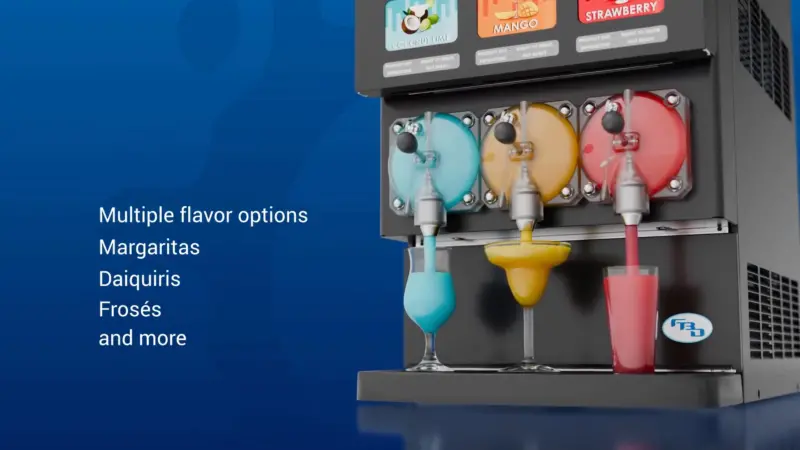Creating a (Jamba) Juicy Future
Food is serious business. Now, on The Main Course, host Barbara Castiglia will invite insiders on the front lines of food to share their expertise, strategies, and forecasts for navigating the ever-changing restaurant industry.
Whether a business model is successful or not, sometimes revamping just makes sense. For instance, Netflix moved from just distributing content digitally to become a leading producer of award-winning original content, exponentially multiplying its profits while increasing its stock CAGR. With that in mind, a purpose-driven business model transformation, or even a name change, can propel a company to new heights, offering consumers more to choose from and easier ways to obtain its products.
Beginning in 1990 as just a little juice shop that based its business model around the idea that eating better should be easy, for almost 30 years, Jamba Juice led the way in creating and defining the smoothie and juice category as we know it. But last year, the company dropped “Juice” from the brand’s name while adding the tagline ‘Smoothies, Juices and Bowls’, reflecting a wider array of offerings and more balanced ingredients. As Jamba, the company also launched new store designs, improved its digital platforms, upgraded their in-store experience, and more recently, introduced food trucks into its business model.
On today’s episode of The Main Course, host Barbara Castiglia sits down with Jamba President Geoff Henry—a veteran of the food & beverage sector with stints that include leadership roles for some of the world’s most recognized brands (Coca-Cola, Dunkin’ Donuts, etc)—to discuss the reasons and details behind the brand’s extraordinary evolution, the importance of consumer engagement via social media platforms, what gives them a leg up on the competition, how they’ve fared during the pandemic, and the partnerships and plans (food trucks!) for the future that will help to keep pushing Jamba forward.
“On the food truck side, obviously that’s a fun space—lots of brands looking at food trucks. For us, we see it as one more access point. We’re trying to make sure that we can serve the guests wherever they are, whenever they’re looking for a Jamba.” Henry continued, “To help increase the brand awareness and touchpoints in many of our markets, we’re working with existing franchisees to add food trucks to their portfolio of stores. And then also, in certain geographic locations, starting with a store and a food truck so that they can have more penetration for the brand and build awareness in that market makes a ton of sense.”





